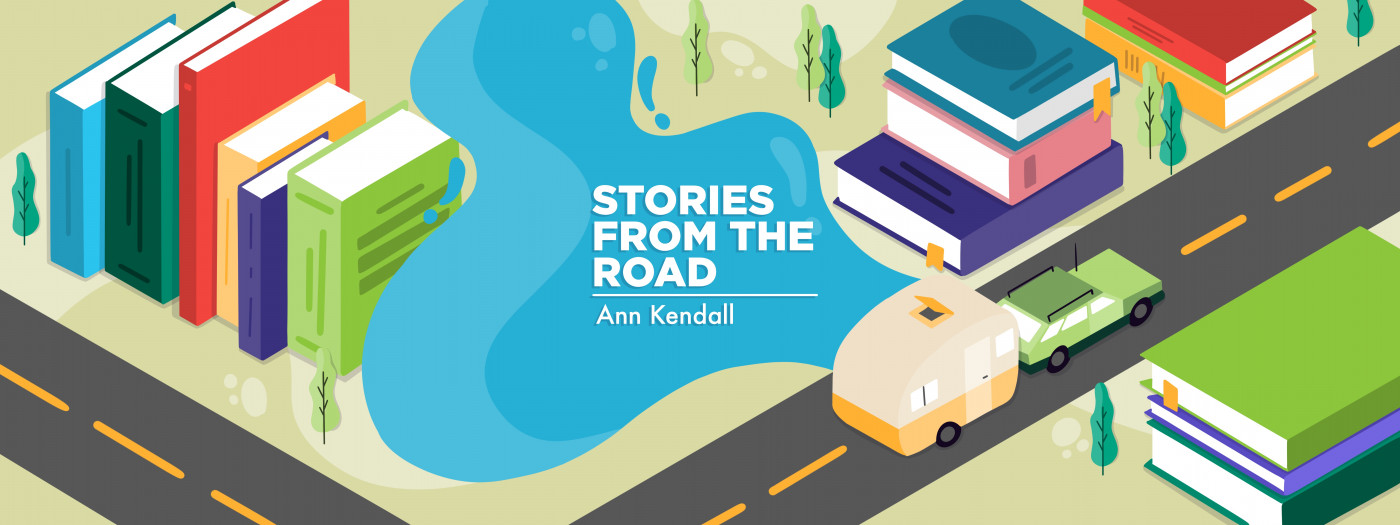Radio and the Persistence of the Bleeding Disorders Community
Written by |

It started the fall of my daughter’s sixth-grade year in school.
While I had listened to DJ Elliot Segal of the radio talk show “Elliot in the Morning” for nearly 20 years by then, I’d done so mostly solo. My husband found no value in the show, and I hadn’t yet wanted to expose my daughter to the sometimes raw humor of my drive-time companion.
But when middle school became part of our family life and all its crudeness, I decided it was time to bring my sweet and kind daughter into the world of middle school boy-think.
“Elliot in the Morning,” a Washington, D.C. to Richmond, Virginia radio staple, seemed like the best way to immerse her in the ways of the world she was now entering. It was sometimes loud, often disgusting, and at moments that catch you by surprise, weirdly soothing and familiar. Simply stated, Elliot and his crew represented the essence of middle school, and nothing says “good morning” quite like diarrhea jokes.
Now, Elliot and his crew — Tyler, Diane, and Kayleigh — are an integral part of our morning routine during our drive to school. We are tethered through the invisible bonds of radio. We know exactly where on our drive we’ll hear Elliot announce it is time to call in and possibly win $100. And through this process, my daughter has learned what a busy signal sounds like when a call does not go through, an oddity in this modern age.
We know that as soon as co-host Diana starts in on the news of the day, we should cue up a phone and be ready to dial, dial again, and then dial a few more times until we reach the bottom of the twisty, hilly road on our route to school. Usually, we’ll then give up and laugh a bit, and I’ll find myself thankful to the crew for showing my daughter a little slice of what it was like to be a teenager in the 1980s.
Our invisible link to our friends through the magic of radio is not unlike the bond we feel to those in our bleeding disorders community, whom we have not gathered with since early March. Our connections may feel tenuous because we can’t join together, but our bonds — our radio waves — were always of the unseen sort.
They are the bleeding disorders our families carry, whether we are near or far. We are knotted together by common purpose and our desire for accessible and affordable healthcare, doctors who understand our concerns and complexities, fair treatment in school and profession, and legislators who grasp the daunting challenges we face medically and financially.
We all suffer from Zoom fatigue today, which is like our own busy signal. Because bleeding disorders already have taught us the power of resilience and persistence, we will continue to call in, again and again, and one day, we will win the prize. Our prize will not be $100, but a reimagined future with new opportunities distinctly visible on the horizon.
***
Note: Hemophilia News Today is strictly a news and information website about the disease. It does not provide medical advice, diagnosis, or treatment. This content is not intended to be a substitute for professional medical advice, diagnosis, or treatment. Always seek the advice of your physician or another qualified health provider with any questions you may have regarding a medical condition. Never disregard professional medical advice or delay in seeking it because of something you have read on this website. The opinions expressed in this column are not those of Hemophilia News Today or its parent company, Bionews, and are intended to spark discussion about issues pertaining to hemophilia.



Leave a comment
Fill in the required fields to post. Your email address will not be published.